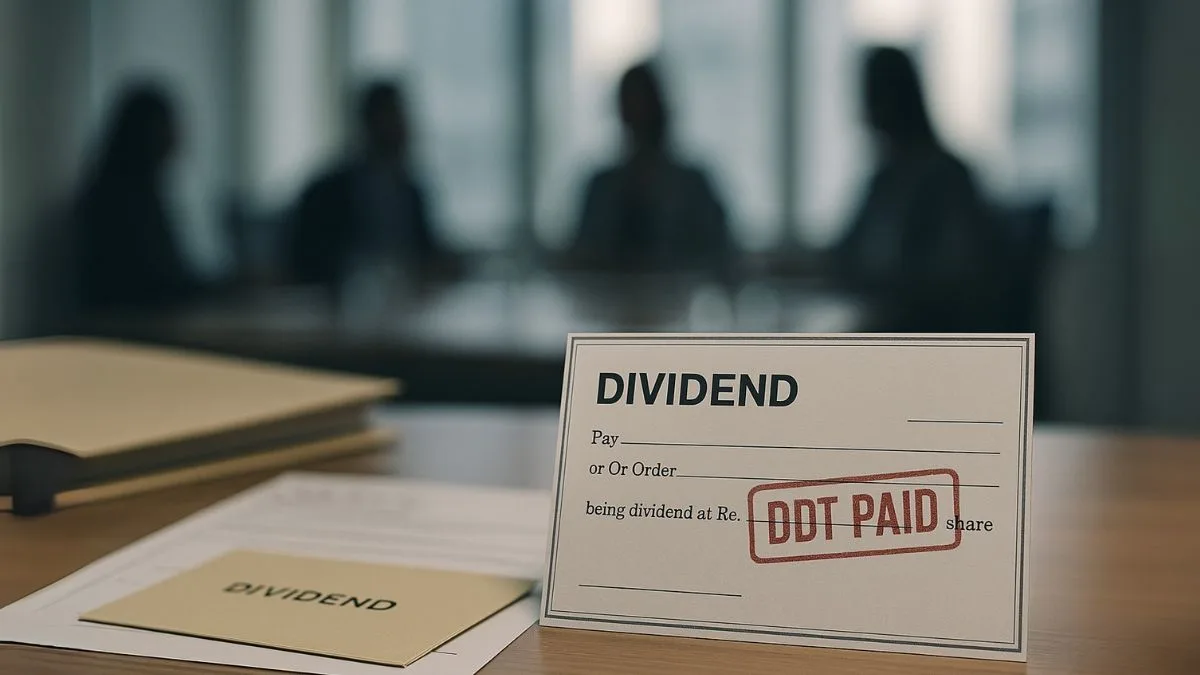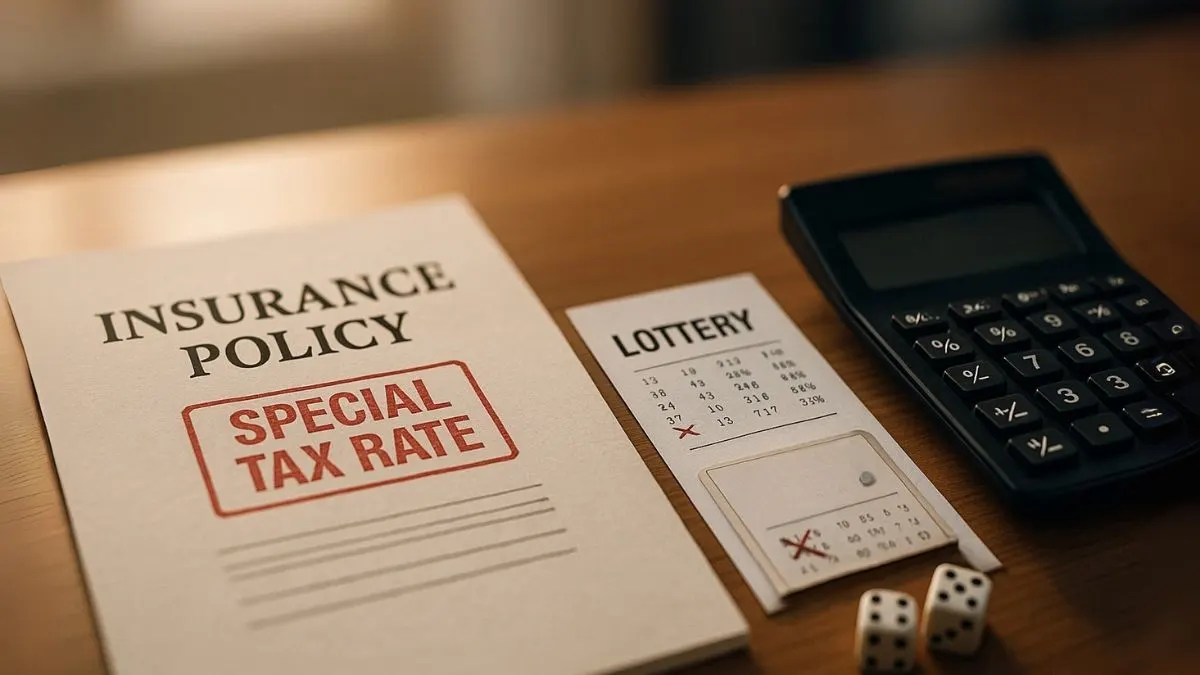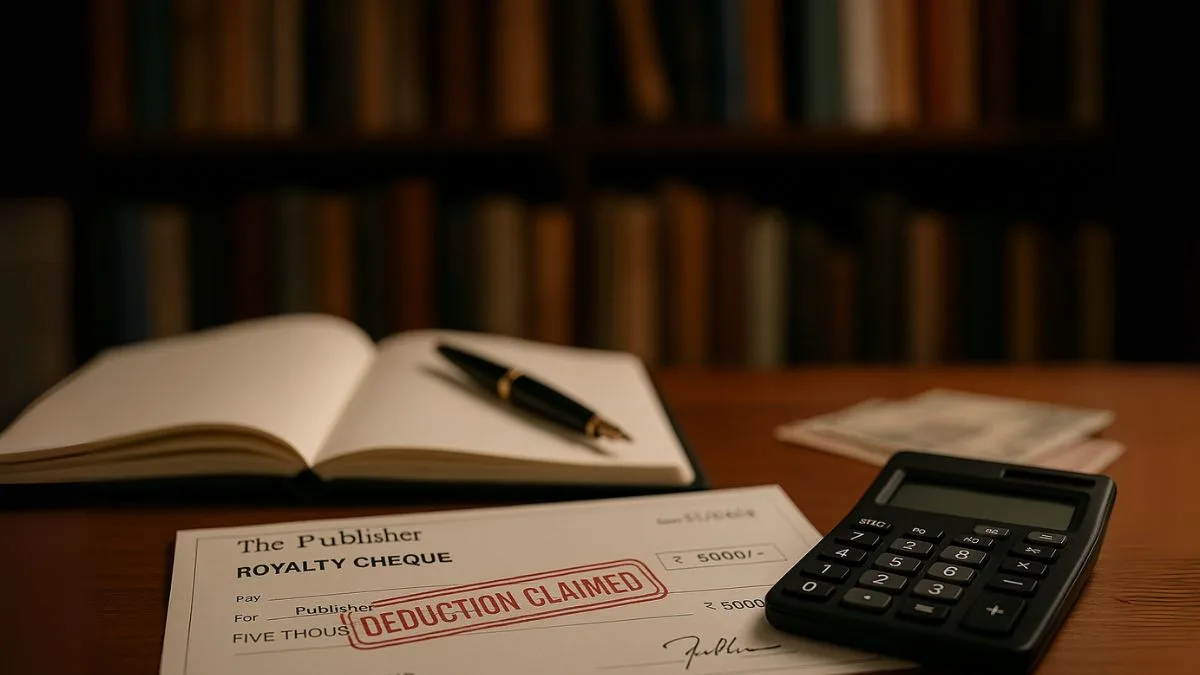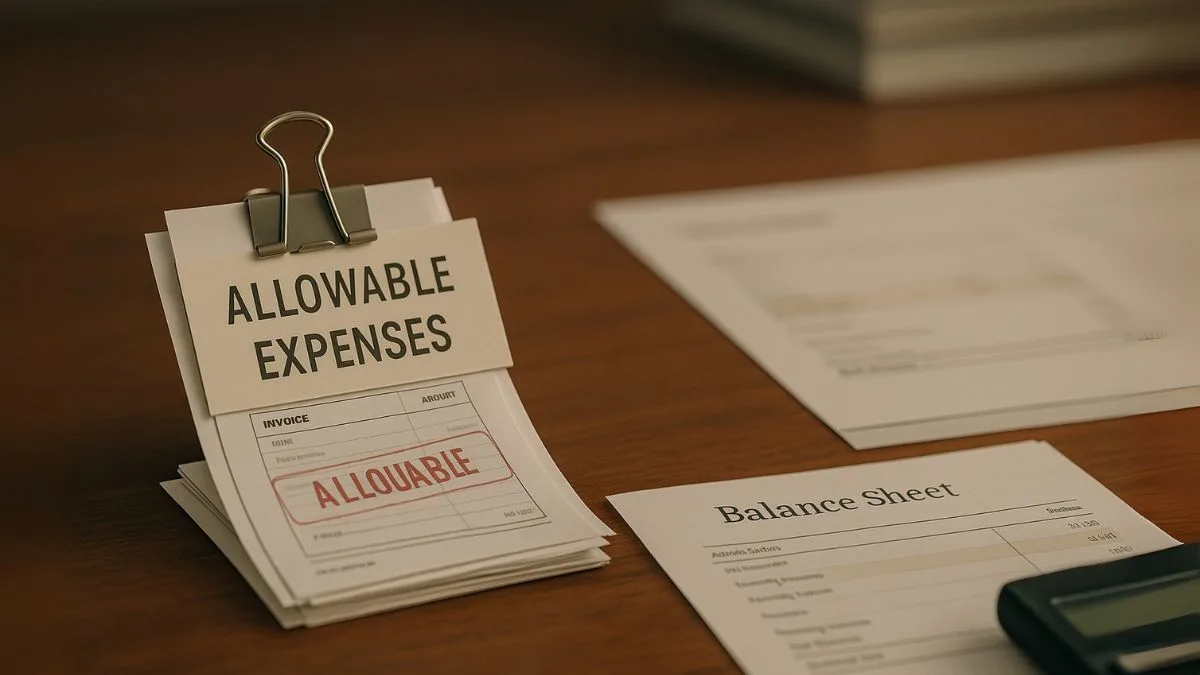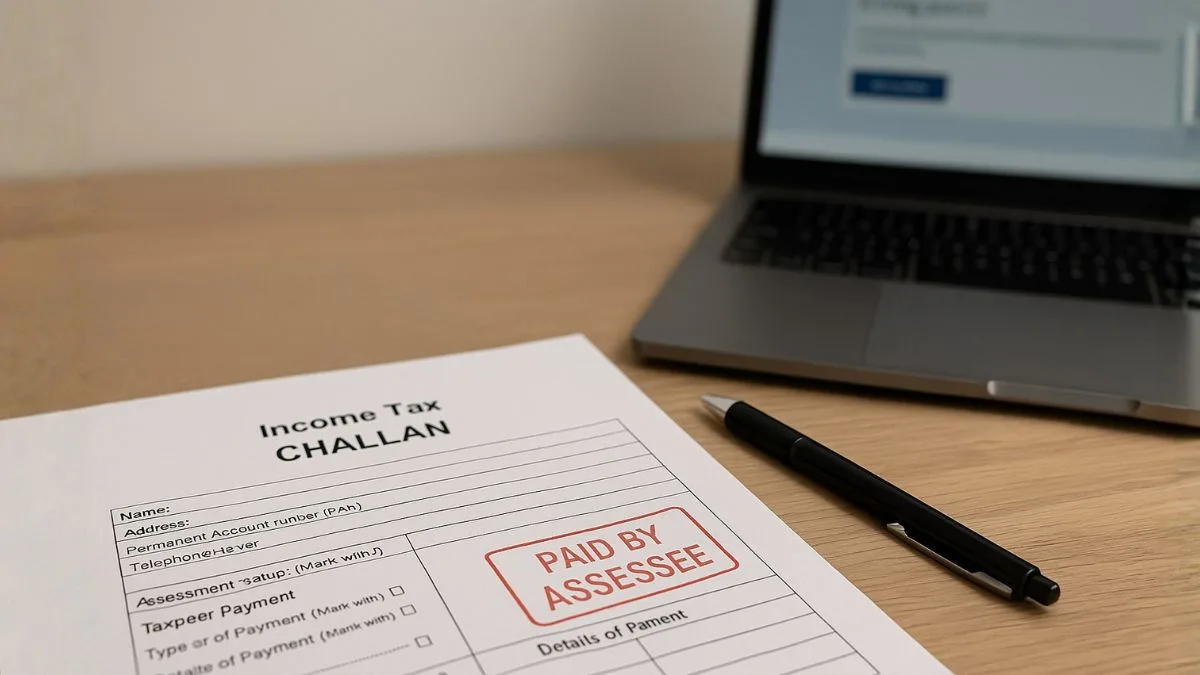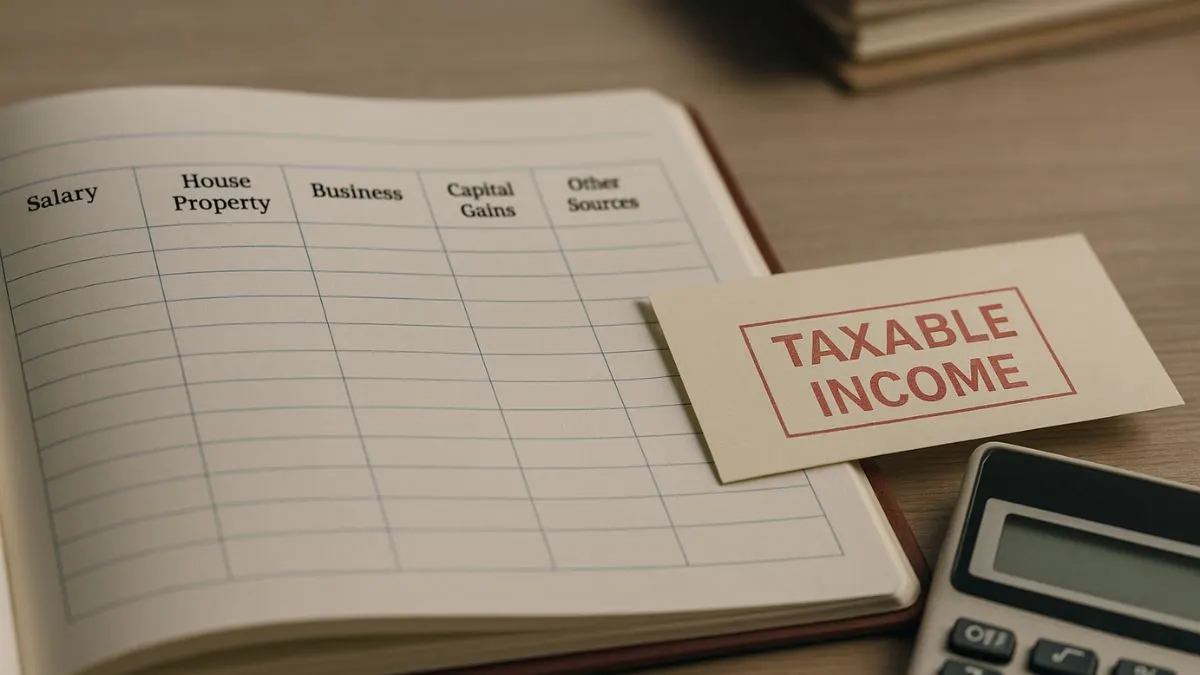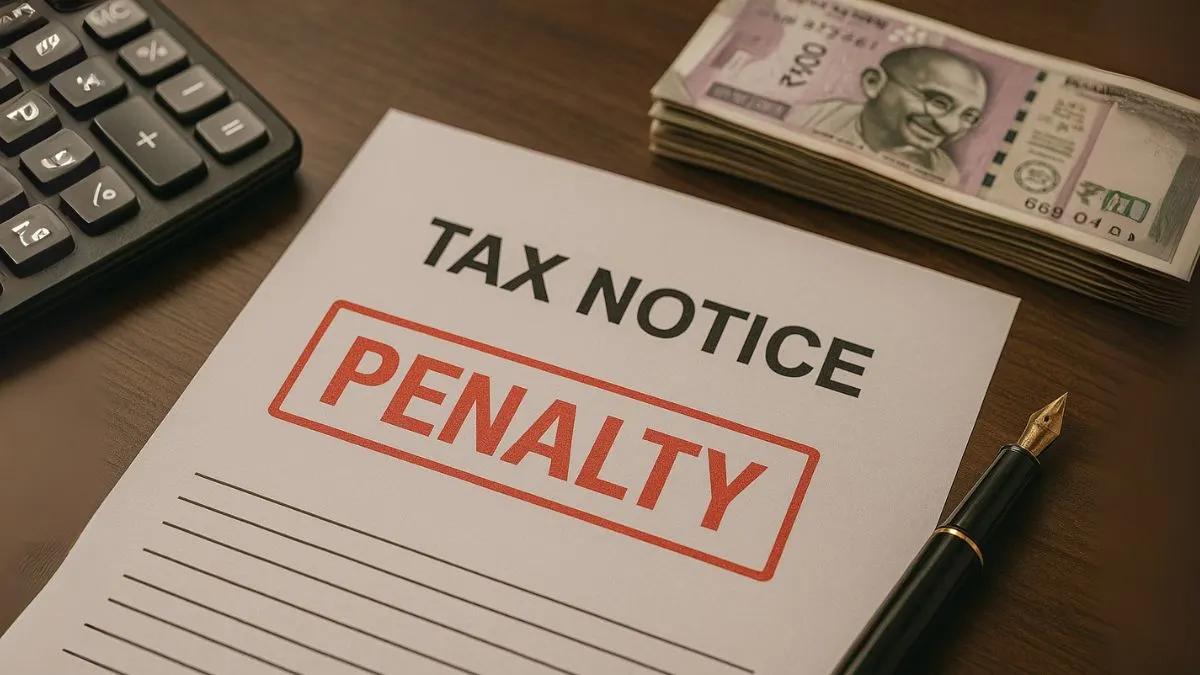
The Indian Income Tax Act, 1961, lays down strict compliance requirements for taxpayers. Among its many provisions, Section 271 of Income Tax Act is one of the most important, as it prescribes penalties for various defaults. These include failure to furnish returns, comply with notices, concealment of income, and even failure to keep, maintain or retain books of account, documents, etc. Understanding this section is crucial, as ignorance can lead to hefty fines and legal trouble.
Scope of Section 271
Section 271 is not limited to a single type of offence. It covers a wide range of non-compliance, including:
- Failure to furnish returns within the due date.
- Failure to comply with notices issued under Sections 142(1) or 143(2).
- Concealment of income or furnishing inaccurate particulars.
- Failure to keep, maintain or retain books of account and related documents.
- Repayment of loan or deposit in contravention of Section 269T.
1. Failure to Furnish Returns
One of the most common triggers for Section 271 penalty is failure to furnish returns on time. If a taxpayer does not file their income tax return within the prescribed due date, they may be liable for penalties in addition to interest under Section 234A. The penalty amount depends on the nature and duration of the default.
2. Failure to Comply with Notices
The Income Tax Department can issue notices for various reasons, such as requesting additional information, calling for documents, or verifying claims. Failure to comply with notices under the Act is treated seriously and may invite penalties under Section 271(1)(b). Even if there is no tax liability, non-compliance with these notices can still lead to penal action.
3. Concealment of Income
One of the most severe offences under this section is concealment of income. This means deliberately hiding part or all of your income from the tax authorities. Penalties for the concealment of particulars of income are extremely high—ranging from 100% to 300% of the tax evaded. For example, if a person earns income from multiple sources but fails to disclose certain income intentionally, it will be treated as concealment.
4. Failure to Maintain Books of Account
Section 271 also deals with failure to keep, maintain or retain books of account, documents, etc. Businesses and professionals are required to maintain proper records under Section 44AA. If these are not kept as prescribed, the taxpayer can be penalized. This is to ensure transparency and accurate reporting of income."
Also Read: Interest Penalty for Late Filing of ITR
5. Repayment of Loan or Deposit in Contravention
The Income Tax Act restricts certain methods of repayment of loan or deposit in contravention of Section 269T, which mandates that such repayments must be made via account payee cheque, bank draft, or electronic transfer. If repayment is done in cash beyond the permissible limit, penalties can be imposed under Section 271E.
How the Penalty Amount is Determined
The penalty under Section 271 varies depending on the nature of the default:
- For late filing or non-filing of returns: Fixed penalty or percentage of tax.
- For concealment of income: 100%–300% of the tax evaded.
- For non-compliance with notices: Fixed amount per failure.
- For failure to maintain books of account: Fixed penalty per day of default.
- For contravention of repayment rules: Equal to the amount of the loan or deposit repaid in contravention.
Exceptions and Relief
Not all defaults lead to penalties. If a taxpayer can prove that there was a reasonable cause for the failure—such as serious illness, natural calamities, or genuine difficulties—the tax authorities may waive or reduce the penalty under Section 273B.
Why Section 271 Matters for Taxpayers
The scope of Section 271 shows that the Income Tax Department focuses not only on tax collection but also on ensuring that the process is fair, transparent, and compliant. The penalties serve as a deterrent for failure to furnish returns, comply with notices, concealment of income, and improper handling of loans or deposits.
Practical Example
Let’s take an example:
Mr. A is a businessman who earned ₹50 lakh in a financial year. He failed to file his return on time, ignored multiple notices, and also did not maintain proper books of account. The Assessing Officer detected a concealment of ₹10 lakh income.
In this case:
- Penalty for late filing.
- Penalty for non-compliance with notices.
- Penalty for failure to maintain books."
- Penalty for concealment of ₹10 lakh (100%–300% of tax evaded).
This demonstrates how penalties can quickly add up.
Also Read: Penalty for Under-Reporting and Misreporting of Income
Tips to Avoid Penalty under Section 271
- File your income tax returns before the due date.
- Respond promptly to all notices from the Income Tax Department.
- Maintain accurate and up-to-date books of account.
- Avoid any repayment of loan or deposit in contravention of Section 269T.
- Disclose all income sources honestly.
Conclusion
Section 271 of Income Tax Act is a powerful provision that enforces discipline among taxpayers. From failure to furnish returns to concealment of income and failure to keep, maintain or retain books of account, this section covers a wide range of defaults. Penalties can be steep, but with timely compliance and honest reporting, they can be avoided entirely.
If you want to stay compliant, avoid unnecessary penalties, and manage your taxes efficiently, our experts at Callmyca.com can help you handle everything—from return filing to responding to notices—so you never have to worry about falling under Section 271 again.

